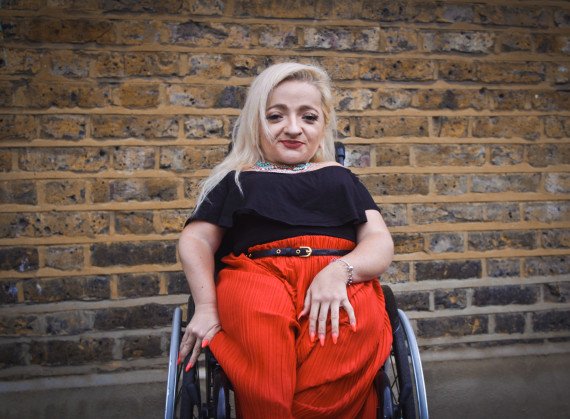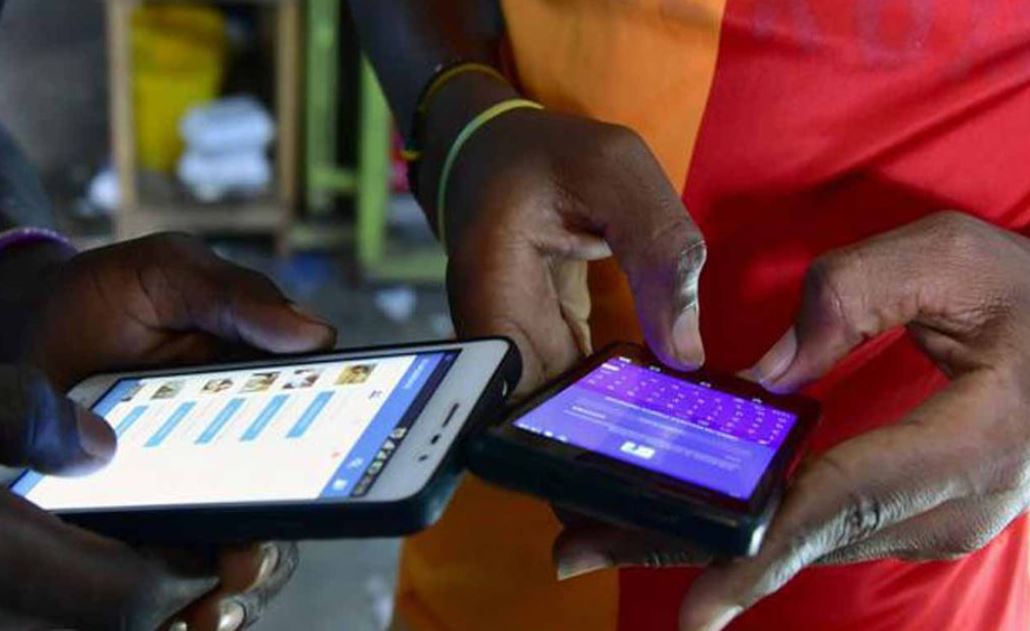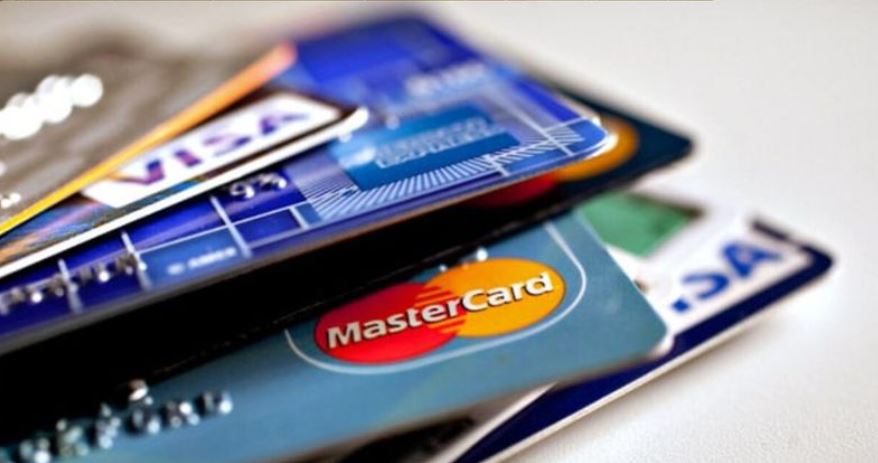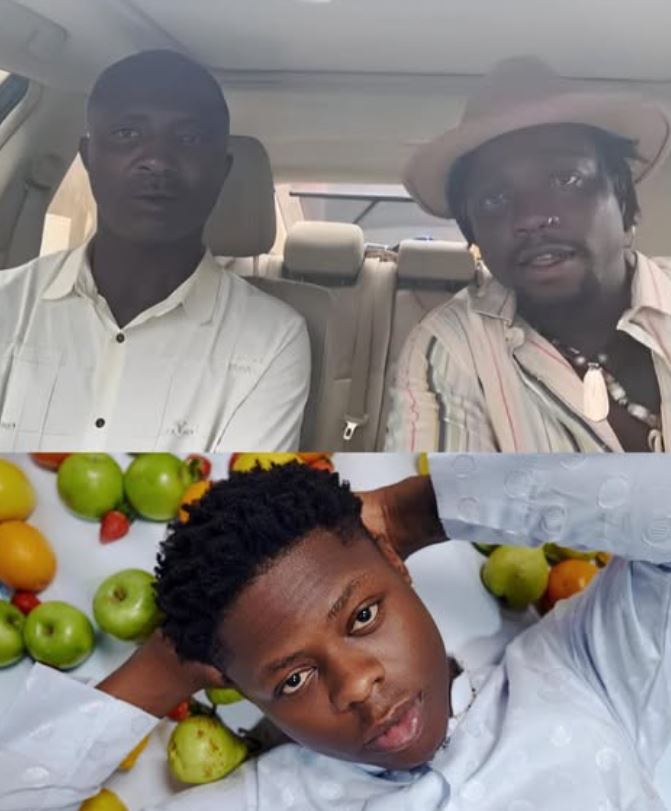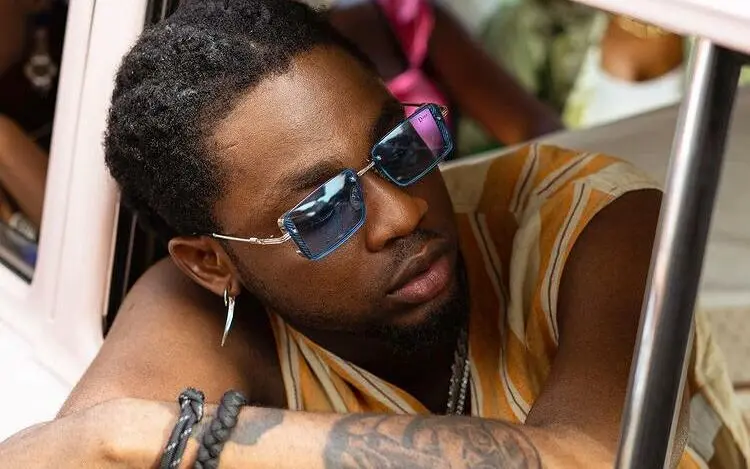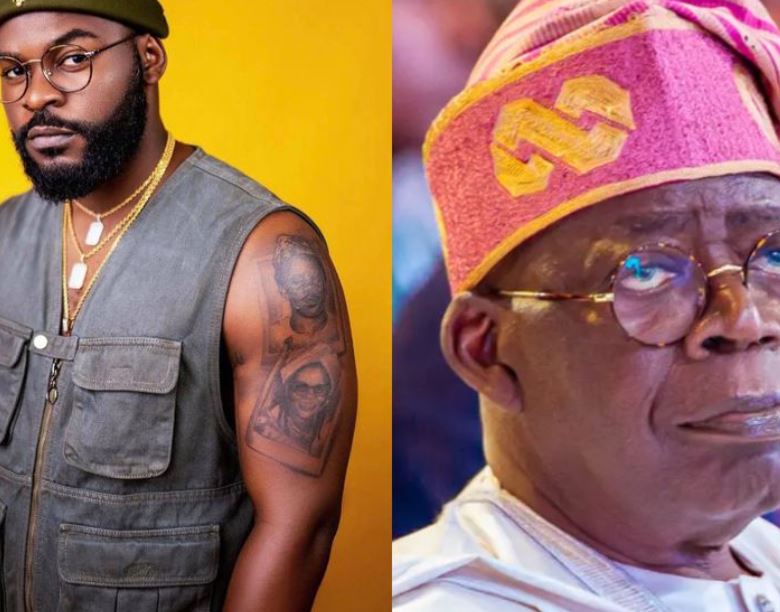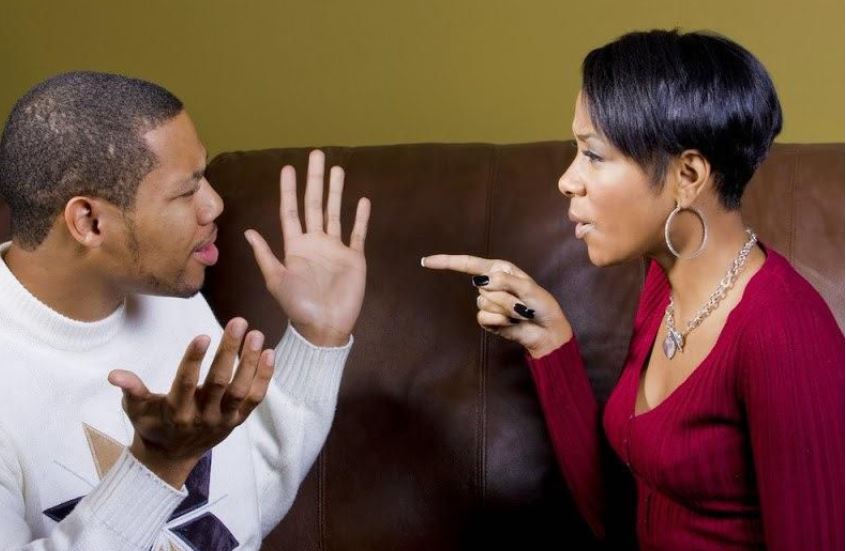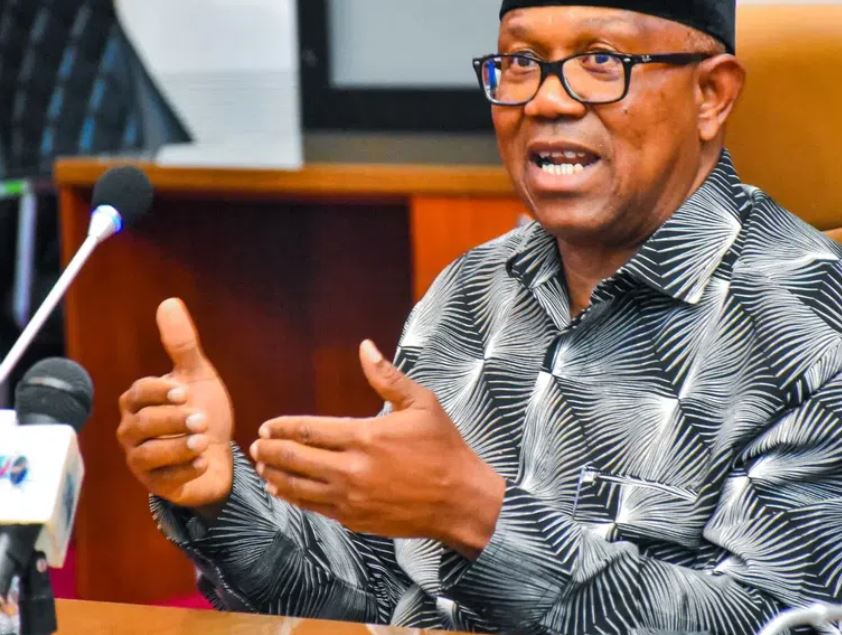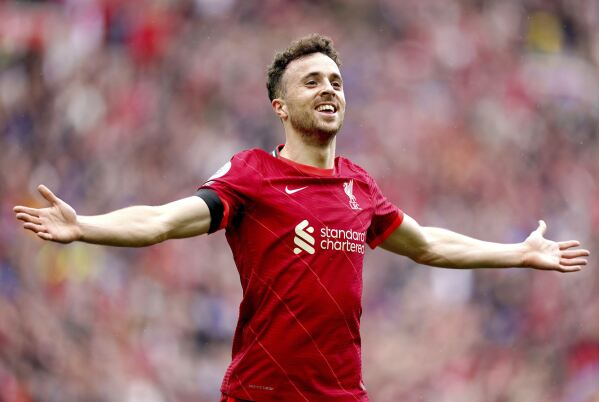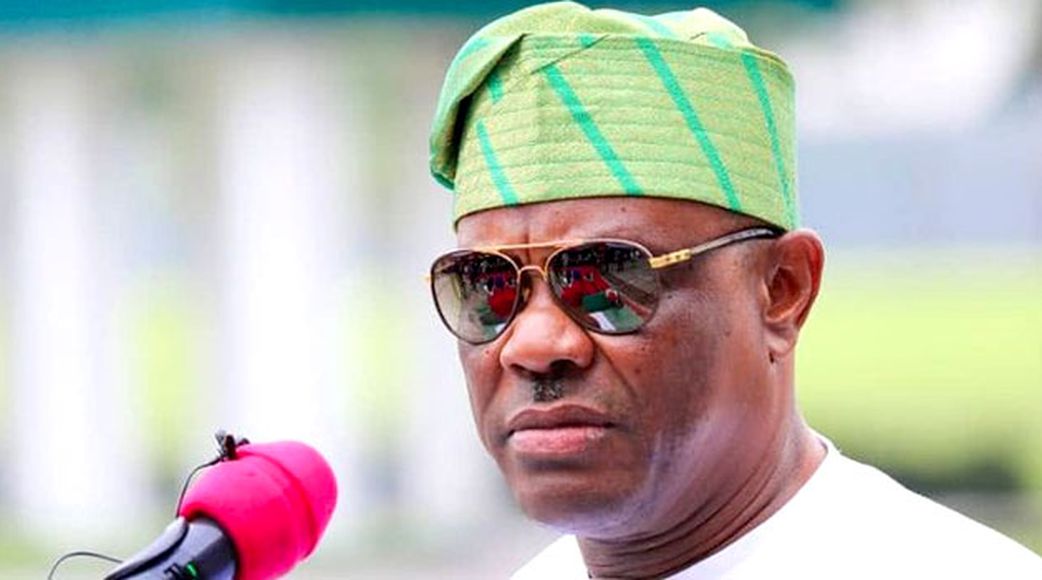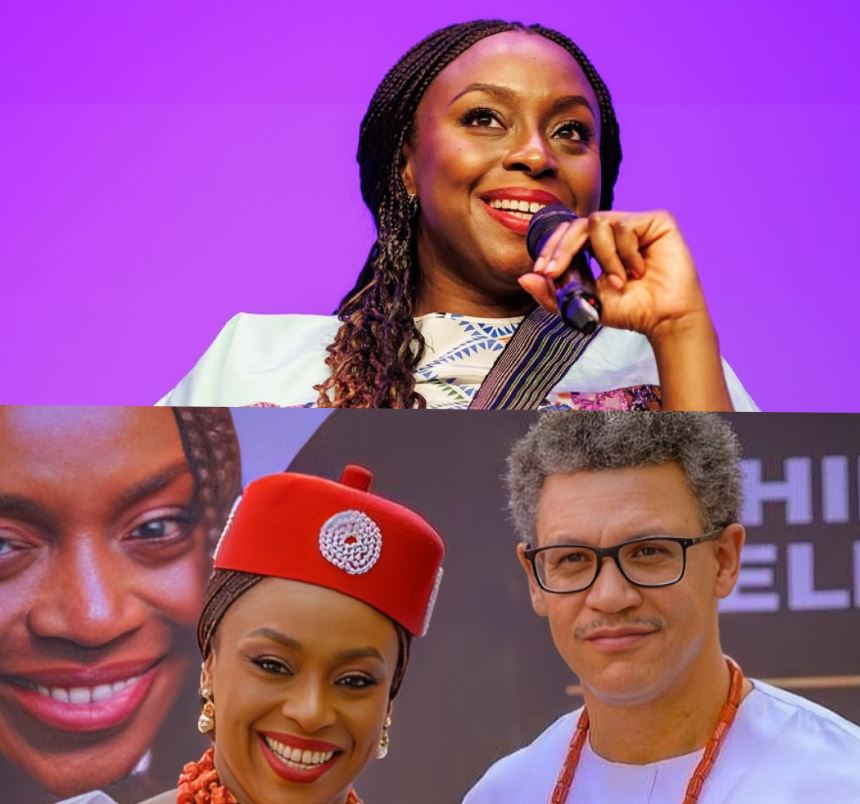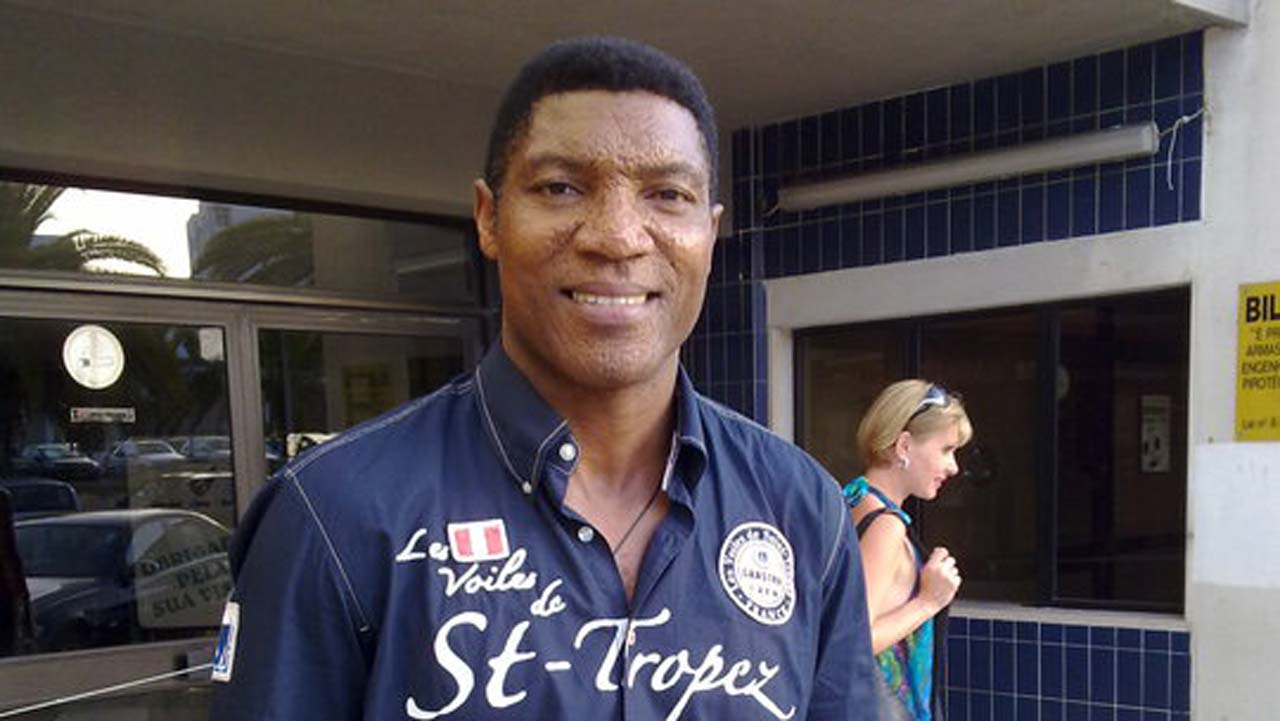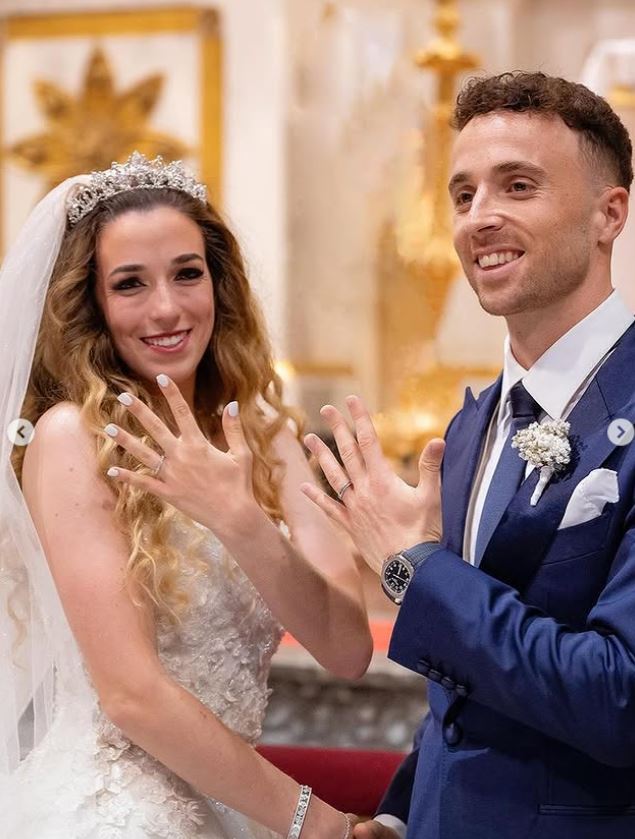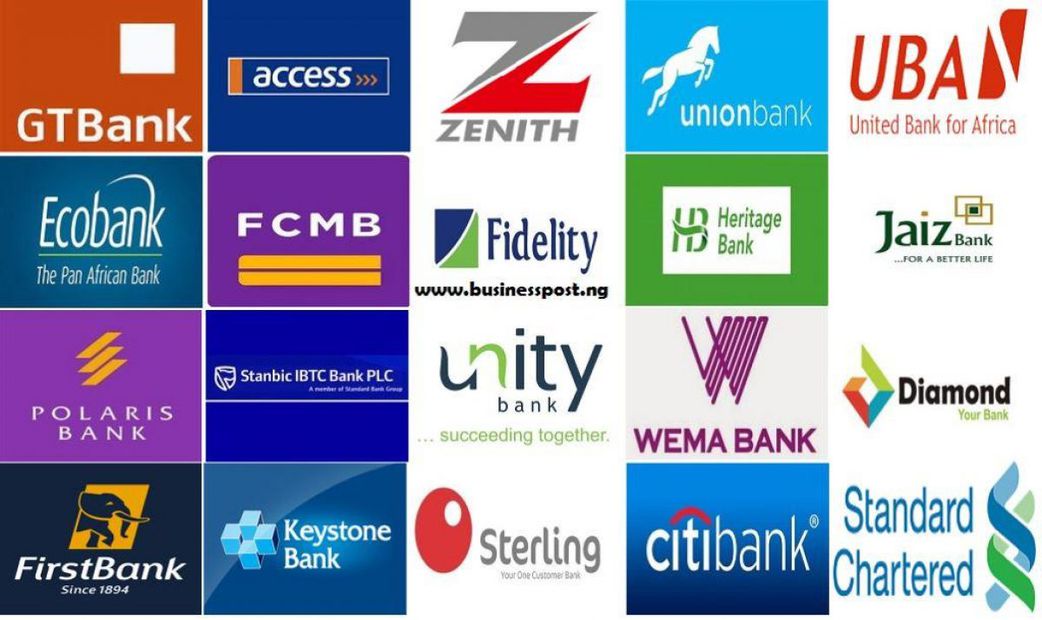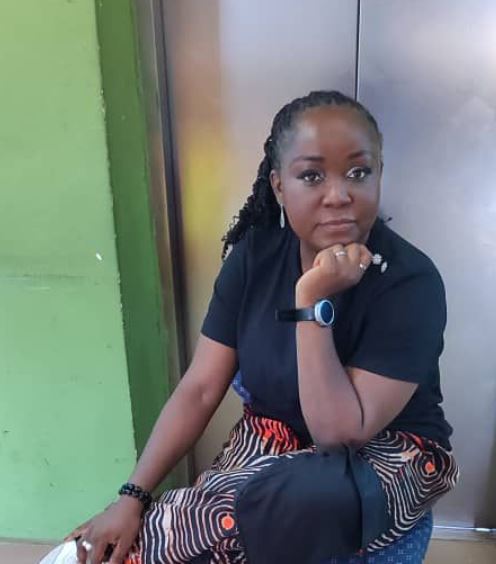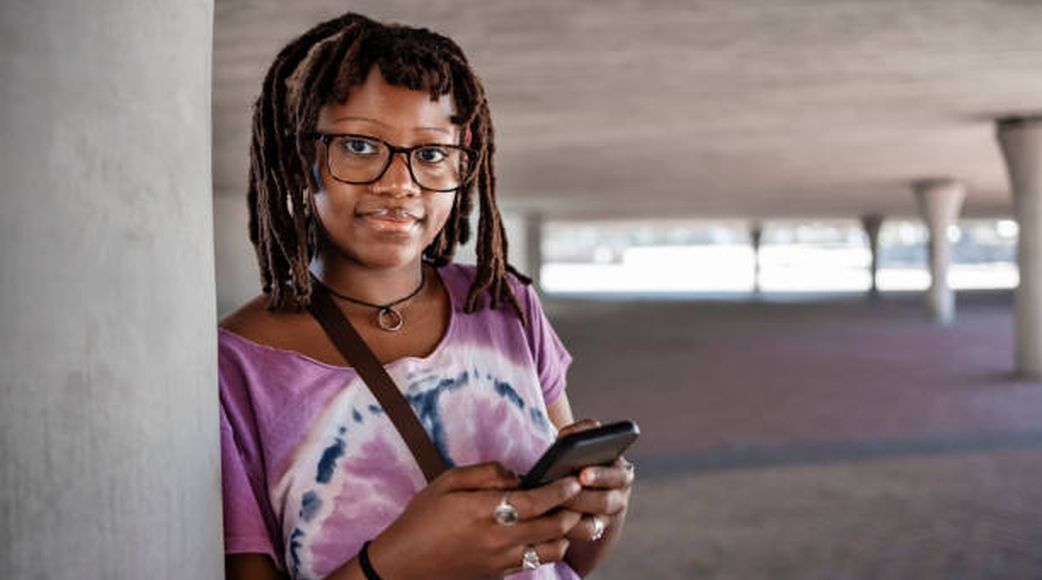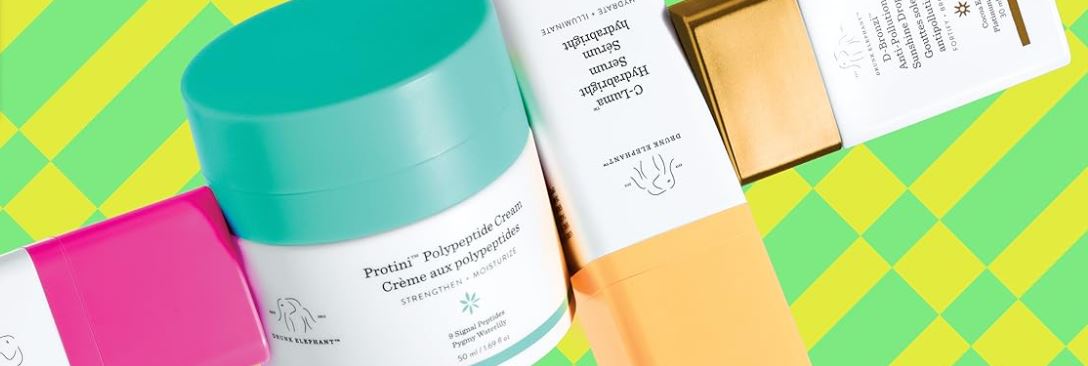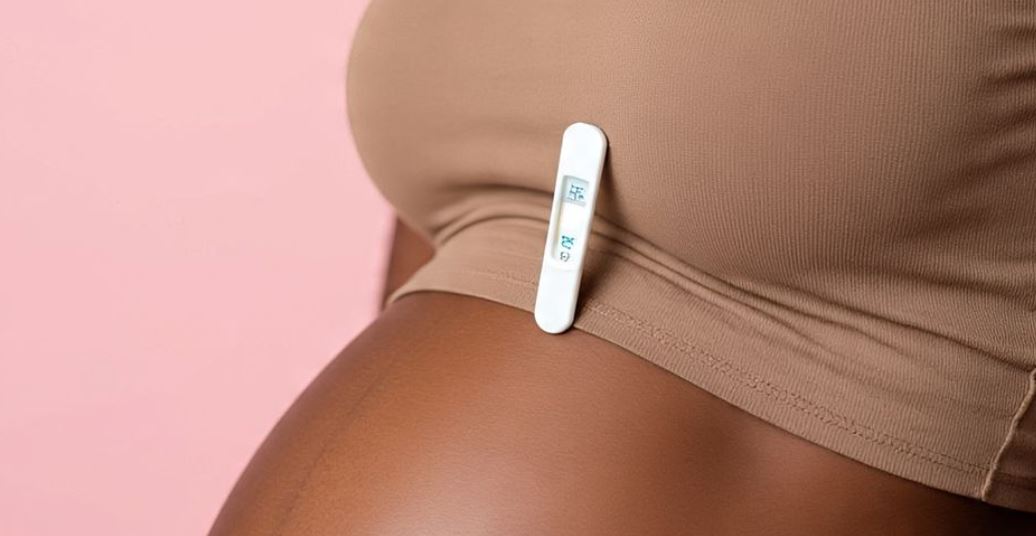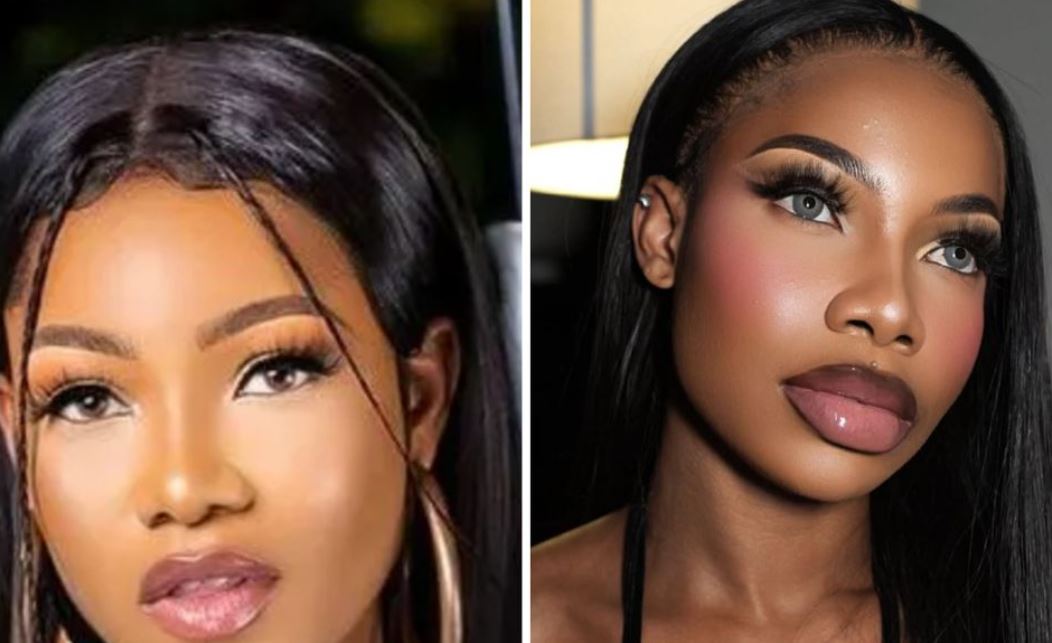If you have a disability you’ve been called ‘an inspiration’ at least once in your life. I get called ‘an inspiration’ at least once a week, and this hasn’t just started happening since I became a public figure.
Growing up I had complete strangers come up to me and say I inspire them. Normally I’d smile politely and say, ‘thanks!’ but I’d be left bewildered. I’m not telling you this to brag – I’ve always felt uneasy about being called inspirational.
I couldn’t quite put my finger on why I disliked it so much, until I stumbled across a TedX talk called ‘I’m not your inspiration, thank you very much’ by my friend and phenomenal disability activist the late Stella Young. In it she coined the term ‘inspiration porn’. All of a sudden I understood why my toes curled when I was called inspirational. In her talk, Stella suggested that society has been sold a lie: the idea that living with a disability is a bad thing, something that must make you exceptional. Seeing people with disabilities as inferior is imbedded within our culture. From disabled people being used in “freak shows” in the 19th century, through their persecution by the Nazis, up to today, when words spastic and cripple are used freely to dehumanise and offend. I often tell people that I wouldn’t change my situation for the world.
My disability is not something I am ashamed of – quite the contrary: I have disability pride, something so important to combat attitudinal barriers. While I may be happy and proud of my body, and my disability may be a big part of who I am – it does not by any means define me. I hate to burst everyone’s bubble, but having a disability really doesn’t make you exceptional; it just makes you who you are. Social media is awash with inspiration porn: memes objectifying the disabled community for the benefit of the non-disabled world, making people feel guilty for being lazy or not achieving their potential. I often see images or videos of people in wheelchairs playing sports with the captions along the lines of ‘your excuses are invalid’, or ‘if they can do it so can you’. Another weirdly common theme is images of the poor disabled person being asked to prom, implying that doing such a thing makes you innately a good person – surely as no one would ask them out of anything other than pity, right?
Ultimately, inspirational porn aims to make able-bodied people feel better about their life, suggesting that their problems may be bad, but at least they are not disabled. Imagine if part of who you are were used as a ‘worst possible scenario’. It would be clearly problematic to repost memes saying thing like ‘your life may be bad but at least you don’t have mental health problems’, ‘at least you’re not overweight’, or ‘at least you’re not black’. Why do we consider it not only acceptable, but complimentary, to say such things about disabled people? I can assure you that you never forget the first time someone comes and crouches next to your wheelchair and tells you that if they were like me they couldn’t cope – or even worse they wouldn’t want to live. This is not a compliment, it’s a judgement that makes me feel like nothing I do or say can ever be valued on its own merit, without the caveat of my disability.
It’s not just me who feels this way. I posed the question of whether it’s OK to call people with disabilities ‘inspirational’ simply for living their lives on Instagram. The response I received didn’t surprise me in the least, with the overwhelming majority of the disabled community responding with frustration and indignation. People found it objectifying and reductive to be ‘looked up to’ because of a disability rather than their achievements.
Metro

